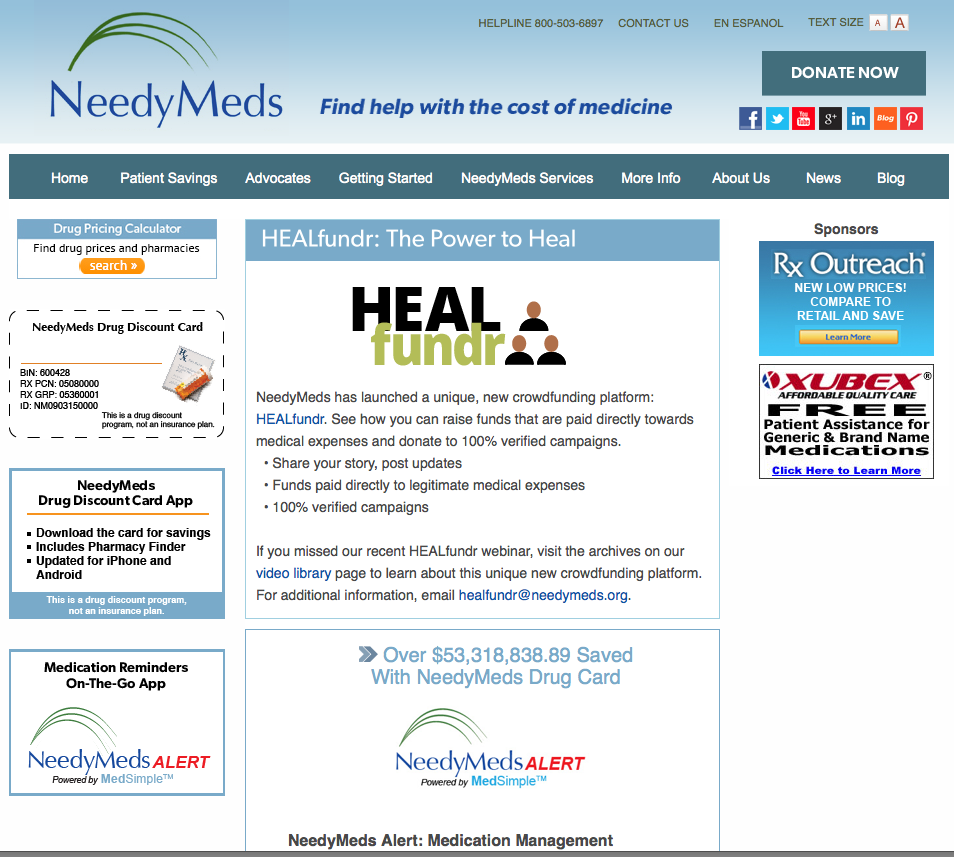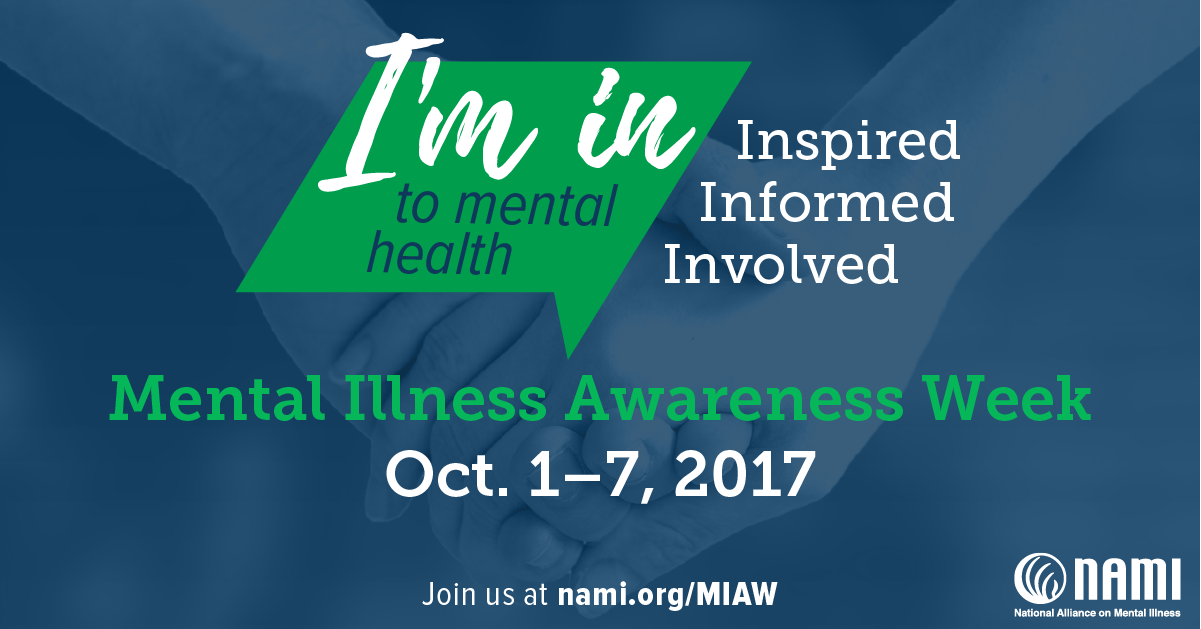Last Updated on August 16, 2023
Every year, the month of August marks an important and often overlooked event: National Write a Will Month. This month allows individuals the opportunity to shape their future and ensure their wishes are honored even after the’ve moved on. Amidst life’s busyness, however, many miss out on the chance to dive into estate planning and create wills.
Interestingly, a study by Caring.com points to procrastination as the main culprit behind this inaction. Surprisingly, over 42 percent of Americans haven’t created a will, largely due to putting it off. This leaves both wills and estate planning in unfamiliar territory for many, whether it’s uncertainty about where to start or feeling like they don’t have enough assets to make it worthwhile.
NeedyMeds understands that writing a will is often overwhelming for everyone involved, which is why we did the research for you. Through the Plan for Passing On initiative launched last year, we provide a comprehensive resource to lay the groundwork, equipping you with the confidence to navigate the estate planning process, including creating a will.
As you dive into the Plan for Passing On platform, you’ll find articles that clarify key concepts in estate planning. These include the core principles, handling financial matters during a terminal illness, starting conversations about end-of-life choices, and much more.
Creating a will comes with numerous benefits. Foremost is the clarity it provides. Without a will, state laws dictate how your assets are shared, which may not align with your intentions. Plus, a thoughtfully crafted will can prevent potential family disputes, easing stress during emotionally charged times. If you have young children, a will lets you designate a guardian to care for them. Additionally, a well-structured will can help lower taxes and fees, potentially preserving more of your wealth for your beneficiaries.
The distinction between “wills” and “estate planning” becomes clearer through our Plan for Passing On initiative. While wills focus on distributing assets and guardianship preferences for minor children, estate planning covers a broader range. This includes strategic elements such as living trusts, granting financial power of attorney, and specifying beneficiary designations. Estate planning goes beyond asset distribution – it’s about managing your assets during your lifetime, ensuring they’re distributed as you wish after your passing, and strategically minimizing tax implications.
However, the journey doesn’t end with creating a will. Regular reviews and updates, as well as considerations for factors like digital assets and healthcare preferences, contribute to a well-rounded and comprehensive estate plan. Incorporating these aspects ensures that your voice continues to echo even when you’re unable to speak for yourself.
Ultimately, writing a will and engaging in estate planning goes beyond the material arrangements. They represent a legacy of care and thoughtfulness for your loved ones. With guidance from resources like Plan for Passing On, you embark on this journey empowered to make informed decisions, fostering your peace of mind and lightening the load for your loved ones during tough times. Remember that taking control of your future is an enduring act of love that echoes long after you’re gone.





